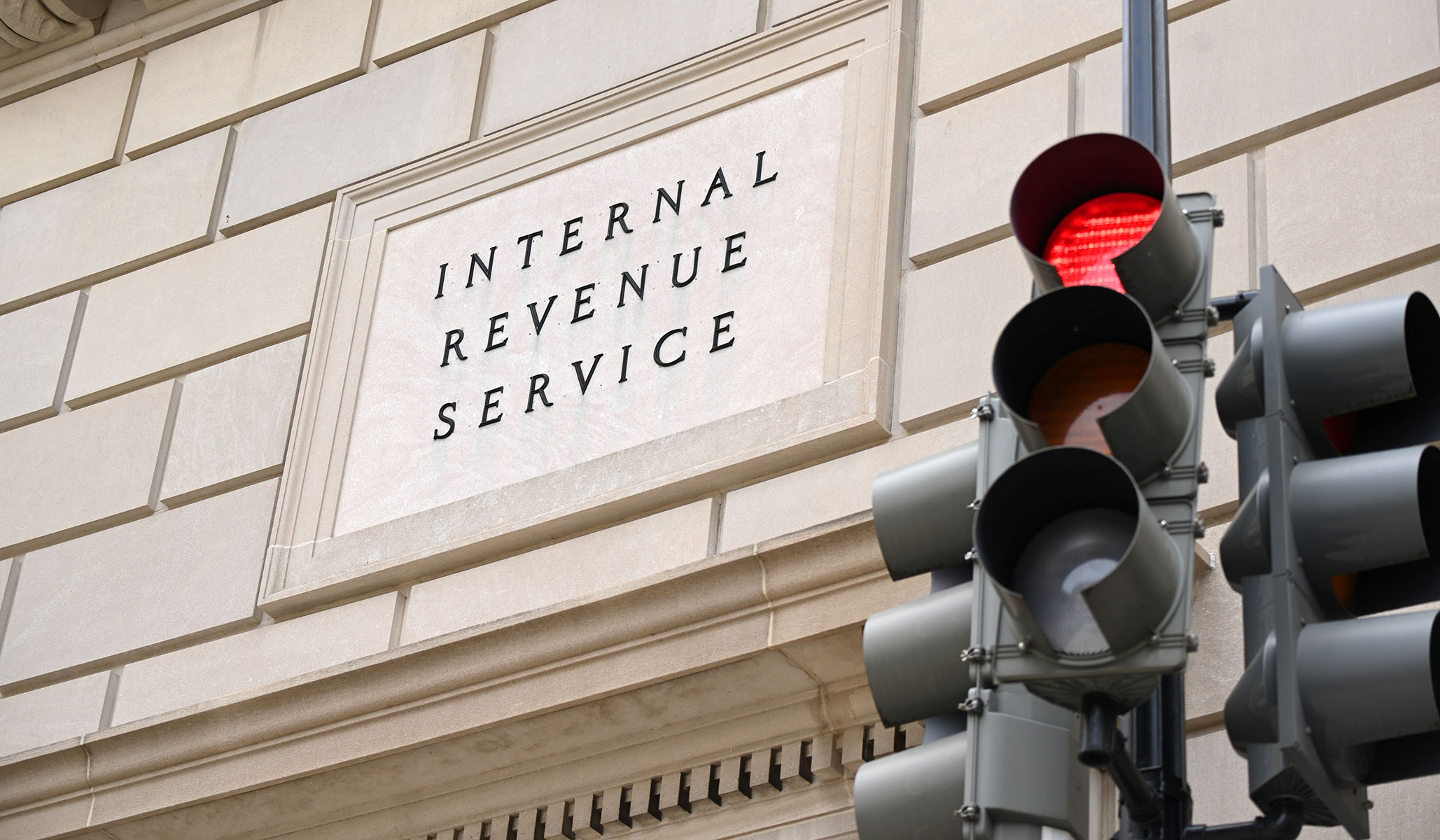


NRPLUS MEMBER ARTICLE C an you make income that you never receive? The question may seem overly theoretical or even downright silly. But it is now at the crux of a case coming before the Supreme Court in the fall.
Toward the end of this term, the justices agreed to hear Moore v. United States for the fall 2023 docket. The case resulted from a provision in the 2017 tax bill passed by Republican congressional majorities and signed by President Trump. The law required a one-time tax payment on certain profits held overseas since 1986. Prior to this bill, such money had not been taxed before it was “realized,” or given to the person in some form. An American couple, Charles and Kathleen Moore, had invested in an Indian company that had consistently reinvested profits back into additional company expenditures. Though they never received any dividends from those investments, they received a tax bill for nearly $15,000.
The Moores sued, claiming that the tax violates the 16th Amendment to the U.S. Constitution. That amendment, ratified in 1913, modified the Constitution’s rules for taxation, saying, “Congress shall have power to lay and collect taxes on incomes, from whatever source derived, without apportionment among the several States, and without regard to any census or enumeration.” Supreme Court opinions in the 1890s had read the constitutional power to tax income in a fairly tight fashion, but the 16th Amendment made it much easier for the national government to tax income.
Most people tend to read the 16th Amendment as pretty much a blank check for the government. But the Moores argue that the word “income” in the text does include a limitation. It at least requires that a person actually receive money — income — before the government can tax it. Otherwise, it is taxing more than income. In fact, in this case, the Moores say, it is taxing money they never had, in any form.
The government tried to get the case dismissed by arguing, among other things, that this was a one-time payment and not an annual or repeated situation. That still does not answer the question of whether the Moores had their money taken in an unconstitutional fashion — an injury that would establish standing. But even accepting the governmental point about a one-time payment, the Court’s decision, if it favors the Moores, could lead to hundreds of billions in IRS refunds to others in a similar situation.
Moreover, the Court’s result will have significant ramifications beyond the 2017 tax bill. There are several proposed tax plans out there, including ones by Senator Elizabeth Warren and President Biden, which depend on being able to tax “unrealized” capital gains like those at issue in Moore.
To analyze this case, we must remember the reason we have taxes in the first place. Taxes are a contribution we each make to the common purposes we pursue together through government. Through taxation, the government can build up means of defense against foreign threats, establish police forces for internal safety and order, and provide a host of services such as a social safety net on which many of the vulnerable in our society depend.
We should remember that our ability to earn and retain money and other possessions depends on the existence of a functioning, reasonably fair government that respects and protects our property rights. One of the reasons that we pay taxes is that we want to be able to keep our own property. But taxes should draw from what persons actually possess. The Ninth Circuit found for the government, arguing that the realization of income need not happen for a tax to be legitimate. But common sense seems to be with the Moores. If they ever see dividends on these investments, they should pay up. But until then, defining those investments as “income” is a language game at odds with the plain text of the 16th Amendment.
More than doing violence to the text of the Constitution, the Ninth Circuit’s finding also risks enabling government taxation with few to no real limits. It might involve “creative” thinking and language by bureaucrats to take from citizens even when citizens have no money to take. In particular, the IRS could “anticipate” worth or income that hasn’t materialized and may never do so. So taxing would not just affect the very rich, as some claim. For example, the Buckeye Institute noted in an amicus brief that the government could tax regular Americans invested in the stock market for the “earnings of the corporations in which they have invested.” As with the Moores, it would be a tax on money that people have never seen. If we believe in the rule of law and in not allowing government to take all, then we should support the Moores’ lawsuit.
Next fall, we will see how the arguments play out, and then we’ll get the decision sometime in 2024. But we should hope that the Court will side with common sense. We should hope they will use this instance to provide some clear, concrete limits on the taxing power. Doing so might help our wallets. But it also will protect constitutional fidelity and the rule of law.
